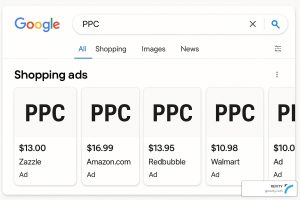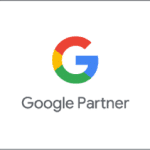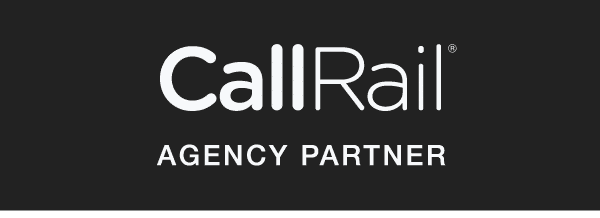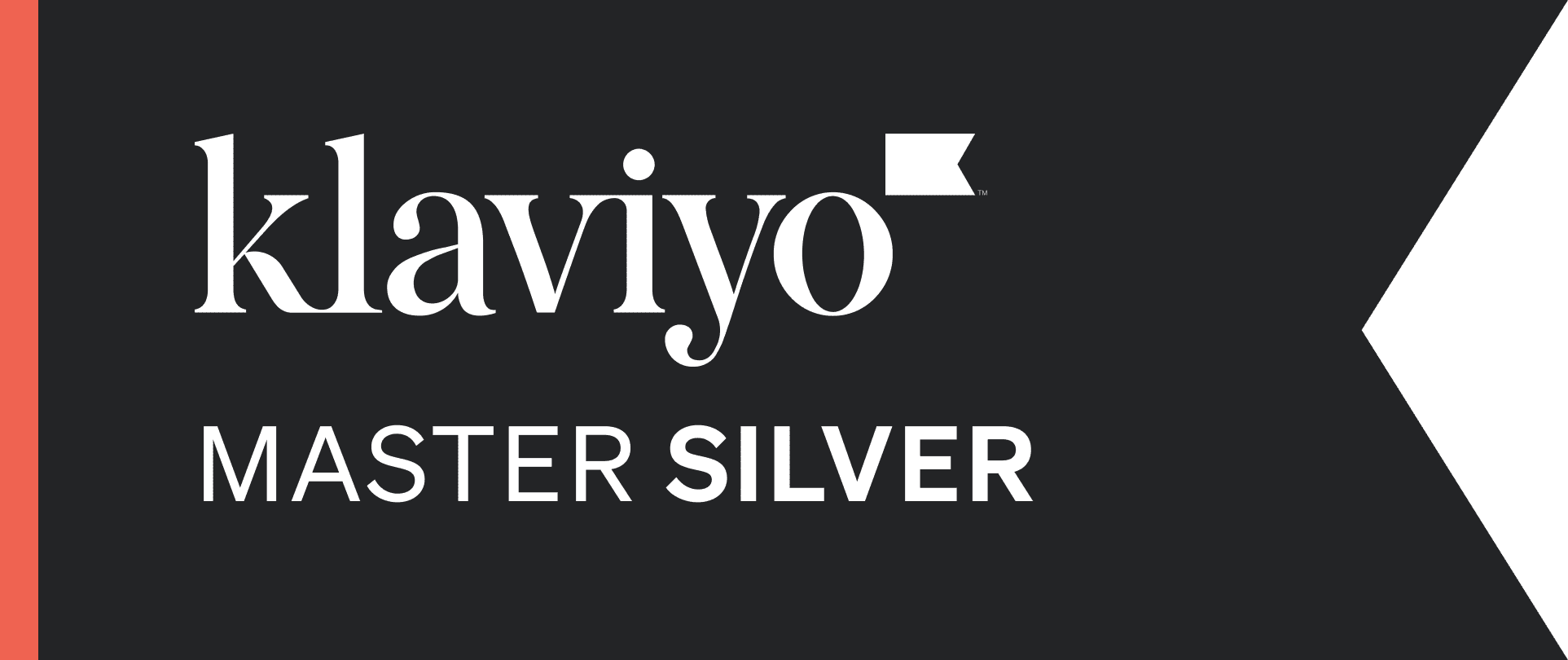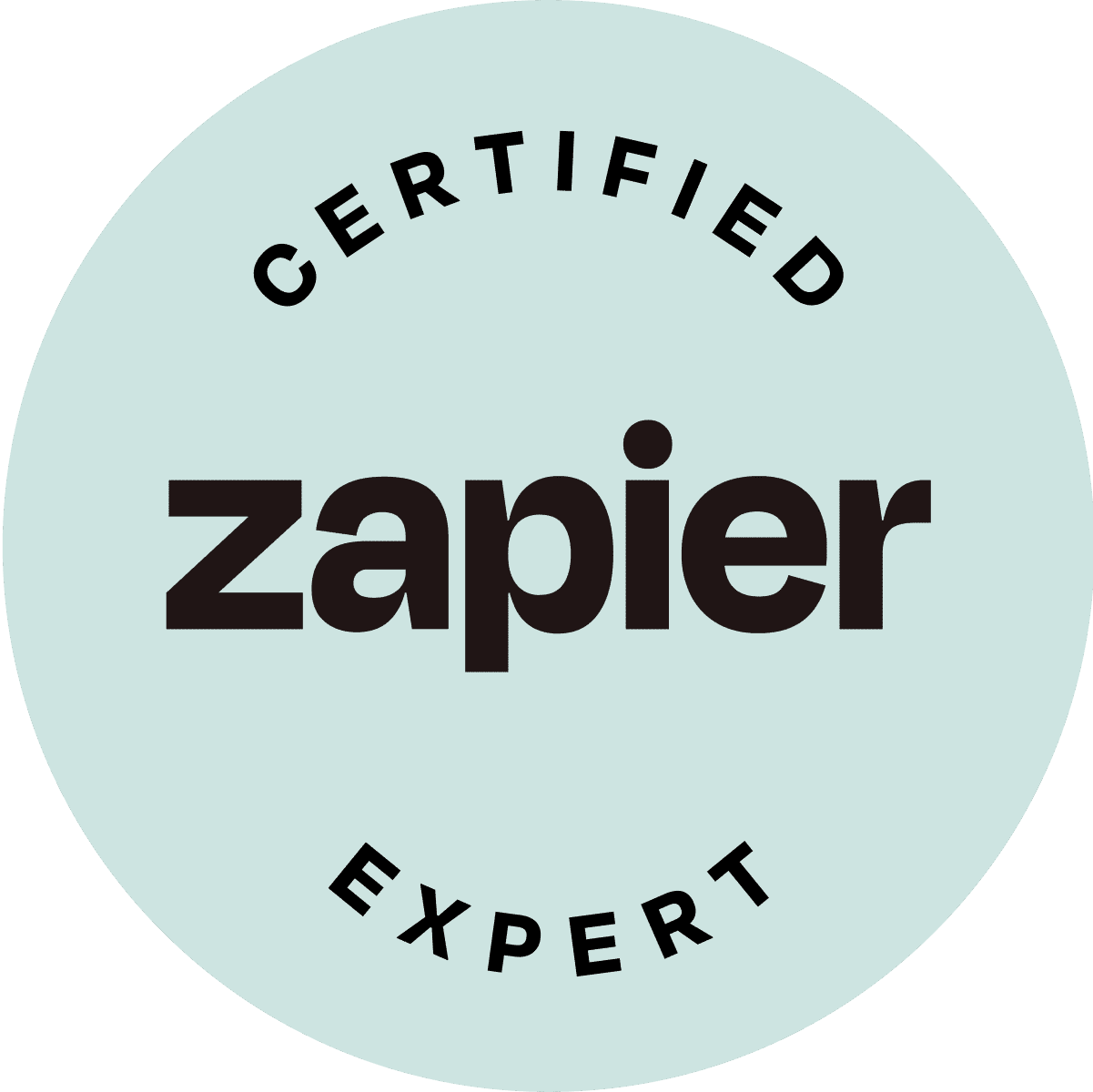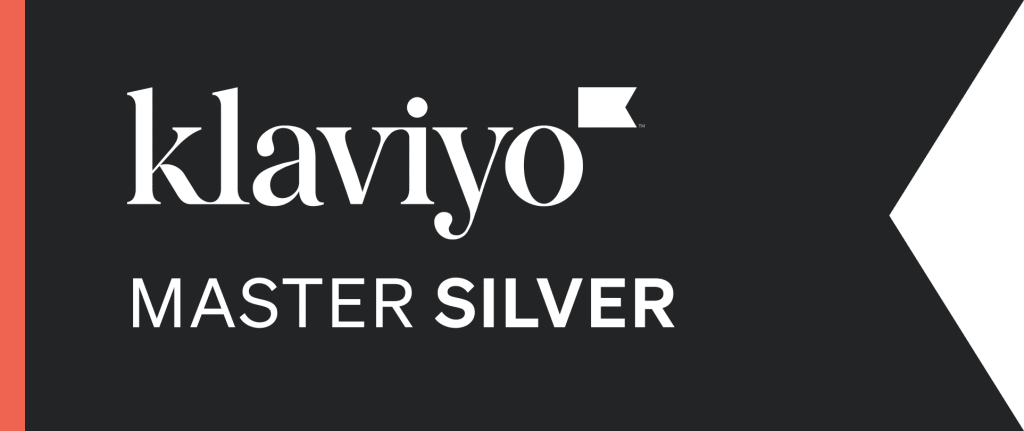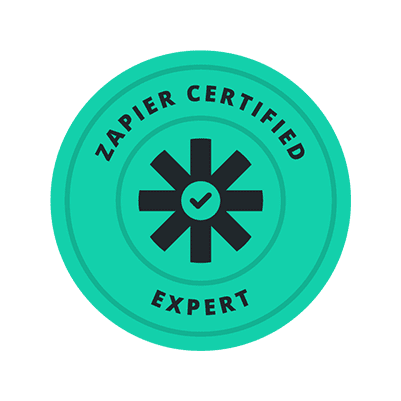Everyone who owns a website wants to have their site on the top ranking of Google – Search Engine Result Pages (SERPS). In the process of making this, site owners and search engine optimization specialists collaborate and will try to optimize their website to make the pages and posts easily crawlable and readable by search engine bots. This process is called On-Page SEO.
On-Page SEO Verses Off-Page SEO
On-Page SEO includes anything that goes on within your website—technical set-up, coding, textual and visual content, user-friendliness, etc. Off-Page SEO factors in things that happen on other websites, things like social media attention, other sites linking to yours, and any other marketing activities outside of your own website. The more relevant links you that lead to your page, the higher your ranking.
Both on-page and off-page SEO will impact your Google rating. However, on-page SEO is easier to control. You can only control how much others link to your site so much, but you have complete control over technical issues, the quality of your content, and other on-page SEO factors.
Stepping Up Your On-Page SEO Game
There are a few things you can do to up your on-page SEO game. Firstly, the quality of your coding is a big factor. Google can tell when a site is high-quality and when it’s not. Be sure that your page loads quickly. You and increase page speed by reducing image sizes and minimizing any useless HTML. Be sure that you aren’t unintentionally blocking crawlers from indexing your site. Use short and descriptive URLs. Using descriptive alt tags for images and image file names can also boost SEO ranking. Overall, keep the technical side of your site simple and running smoothly.
The next thing you can control—your content. It is extremely helpful to your SEO to creating original, high-quality content. Think about it—why are people visiting your site? Probably for the content. Engaging and helpful content with keywords that pertain to your target audience will greatly benefit your site. Your content should be informative and easy to read. Give your readers the information they are looking for to keep them coming back and potentially turn them into customers. Strategically place target keywords into titles, meta descriptions, and H1 tags to improve your content’s SEO. Search engines are masters at finding relevant content. Make your content relevant to your target audience—and you’ll get traffic.
Your site should also be user-friendly. Users need to be able to easily navigate from page to page and quickly find the information they need. Make it easy and fast. People should be able to find their way around. When people go to a site, they are usually looking for something specific. If they can’t find it quickly and easily, they will likely give up. The objective of your site should be to be helpful to users. Don’t find information and make people dig for it, put it out there and keep people coming back for more.
To really boost your SEO game, contact REVITY. Our team is experienced in all things SEO. Let us take your site to the next level!






